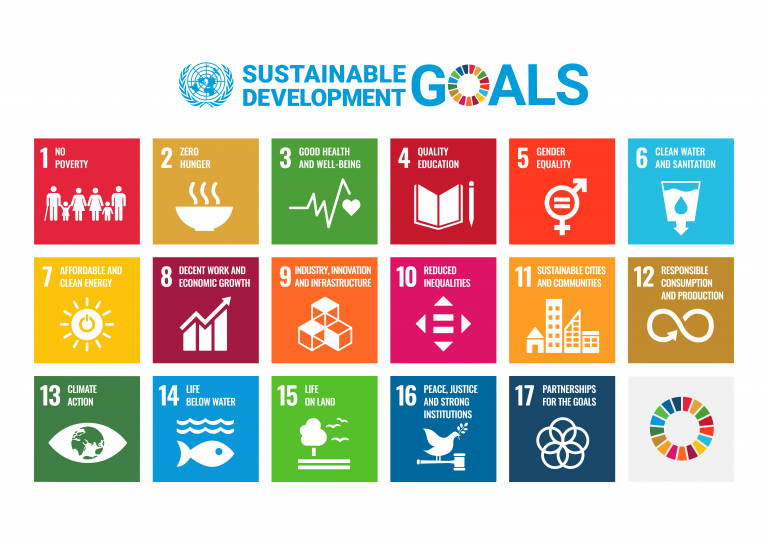Global Citizenship Education
Get to know more about GCE and its link with SDGs, Service Learning and community development
Global Citizenship Education (GCE): What is about?
The UN’s Global Education First Initiative notes, “It is not enough for education to produce individuals who can read, write and count. Education must fully assume its central role in helping people to forge more just, peaceful, tolerant and inclusive societies.” (UN, 2013)
GCE provides the understanding, skills and values citizens need to cooperate in resolving the interconnected challenges of the 21st century, including climate change, conflict, poverty, hunger and issues of equity and sustainability. These same educational outcomes prepare young students to be successful in the workplace of the 21st century too, so it is important to promote approaches such as Service Learning that could align them.
The primary aim of GCE is to empower learners to assume active roles to face and resolve global challenges and to become proactive contributors towards a more peaceful, tolerant, inclusive and secure world. GCE helps SLearners to develop the core competencies which allows them to actively engage with the world and help to make it a more fair and sustainable place. It is a form of civic learning that involves students’ active participation in projects that address global issues of a social, political, economic or environmental nature. According to this GCE is also aligned with the UN Sustainable Development Goals and contribute to their achievement at local, national and international level.

Who is a global citizen?
A global citizen is someone who is aware of and understands the wider world – and his/her place in it. They take an active role in their community, and work with others to make our planet more equal, fair and sustainable. Global citizenship is all about encouraging people (especially youth) to develop the knowledge, skills and values they need to engage with the world. It’s about the belief that we can all make a difference.
GCE is not an additional subject; it is a framework for learning, reaching beyond school to the wider community. It can be promoted in class through the existing curriculum or through new initiatives and activities such as SL which benefits are felt across the school and beyond. Global citizenship helps young people to:
- Build their own understanding of world events.
- Think about their values and what’s important to them.
- Take learning into the real world.
- Challenge ignorance and intolerance.
- Get involved in their local, national and global communities.
- Develop an argument and voice their opinions.
- See that they have power to act and influence the world around them.
Furthermore, global citizenship inspires and informs teachers, mentors and parents, too. Above all, it shows young people that they have a voice. The world may be changing fast, but they can make a positive difference – and help build a fairer, safer and more secure world for everyone.

Do you want to know how to be a global citizens thanks to Service-Learning?
If you are a teacher, educator, training provider or NGO member, you can register and train yourself about this topic thanks to TRAINEE e-platform. The e-platform is an online interactive space for professionals aiming to be trained on Service Learning as a new innovative and inclusive training methodology. Make the difference and find the excellence in your programmes towards your learners and beneficiaries!
The European Commission’s support for this project and production of its publications does not constitute an endorsement of the contents, which reflect the views only of the authors, and the Commission cannot be held responsible for any use which may be made of the information contained therein.

